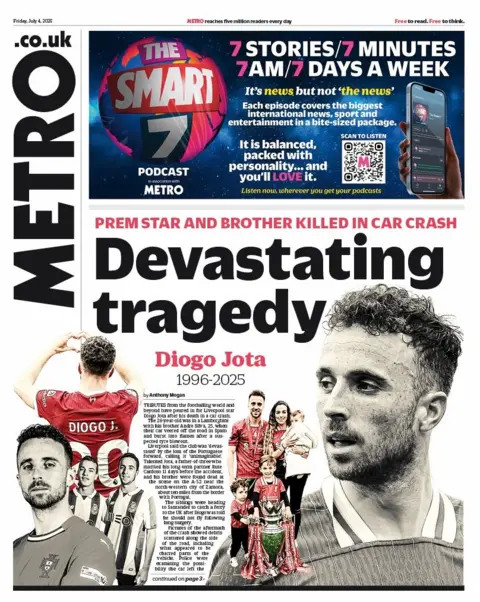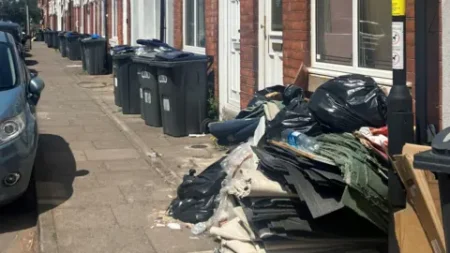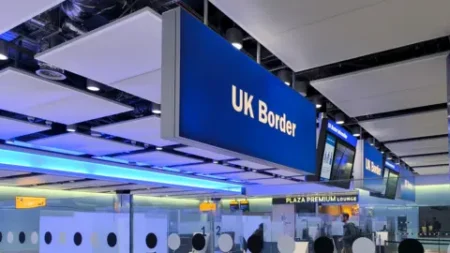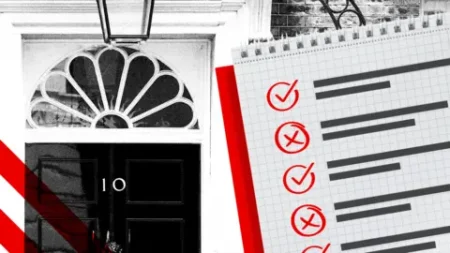In a recent heartbreaking incident, “devastating tragedy” became the theme dominating the front pages of multiple newspapers upon the announcement of the car crash death of Liverpool footballer Diogo Jota and his brother. The emotional toll has rippled throughout the community, resonating deeply with fans and fellow players alike. The Metro, capturing the enormity of this loss, displayed a poignant headline featuring Jota with his wife and three children, evoking sympathy and mourning amongst its readership. This tragic event has sparked widespread discussions about the unpredictability of life and the fragility of human existence, especially for those in the spotlight who seem invincible.
Many publications, while highlighting Jota’s talents on the field, also emphasized his character off the pitch. The Star notably described Jota as a “fantastic player, great friend, and a loving husband and father,” encapsulating the personal losses felt by his close-knit community and family. This sentiment was echoed in various reports that paid tribute to not only the athlete’s achievements but his dedication to his loved ones. Fans expressed their heartbreak in public forums, showcasing the profound impact Jota had on followers of the sport, solidifying his legacy as both a player and a person.
The emotional weight of this tragedy was also captured by other media outlets. The Sun referred to Jota as a “just-wed star,” framing the incident within the context of lost potential and promising prospects that had been abruptly severed. The Daily Express shared a heart-wrenching quote from a fan, declaring, “our hearts are broken,” mirroring the collective sentiment of grief and shock that has enveloped sports circles. Throughout the coverage, the central theme became evident: the accidental nature of life, irrespective of one’s achievements or status.
In addition to the coverage of Jota’s passing, other news headlines have connected the tragedy to ongoing discussions within the UK, particularly about health care and social welfare. The Daily Mail reported on plans for a new NHS app termed “doctor in your pocket,” a digital initiative aimed at streamlining patient access to medical services. While the ambitious project aims to reshape healthcare delivery by 2028, skepticism looms regarding the feasibility of its implementation. Many questioned whether such technological advancements could realistically meet the pressing needs of an overburdened NHS, which has been under scrutiny for months.
Alongside the NHS updates, an equally dramatic financial backdrop has taken shape. Reports from financial news sources underscored potential implications of health policy changes on broader economic policies and government financing, compelling chatter about upcoming tax rises and budget adjustments. Chancellor Rachel Reeves articulated a commitment to addressing these financial gaps, indicating a proactive approach that might resonate with a public weary of austerity measures.
Moreover, markets’ reactions to Reeves’ candid insights demonstrated a nuanced interplay between governmental communications and economic confidence. The Financial Times highlighted how direct communication, such as Reeves shedding tears in Commons, affected market trends, revealing a precarious financial position exacerbated by political shifts and policy dilemmas.
Given the depth of emotional and political threads in recent news, the conversations revolving around Diogo Jota’s tragedy and the healthcare reforms showcase a society grappling with its values and priorities. The human and systemic challenges echo profoundly across various media platforms, emphasizing the need for reflection amidst the chaos of life’s magnitude. The stories told through these headlines intertwine personal loss with institutional responsibilities, creating a compelling narrative of resilience and reevaluation in today’s landscape.











